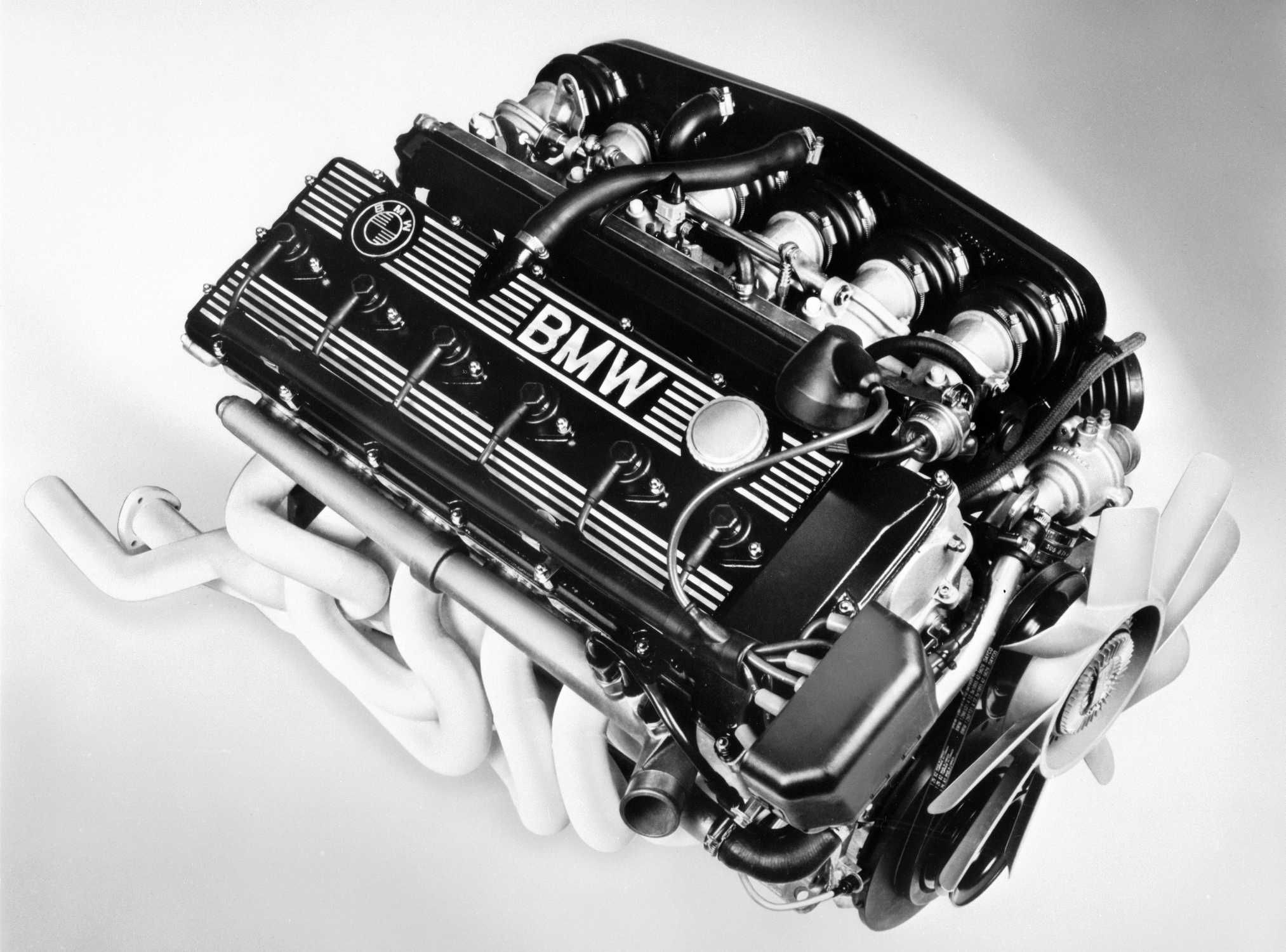The Function of BMW Engine Design in Getting Exceptional Fuel Effectiveness
Introducing the Intricacies of Next-Generation Power Units: a Deep Dive Into Advanced Engine Layouts and Developments
As we stand on the precipice of a new period in transport, the ins and outs of next-generation engine designs bid us to check out the advanced innovations and technologies that assure to redefine the driving experience. Delving much deeper right into the worlds of emission control, smart engine monitoring systems, and the horizon of power unit growth, we locate ourselves on the cusp of an improvement that promises to improve the landscape of mobility as we recognize it.
Evolution of Engine Materials

The shift in the direction of advanced engine materials has likewise allowed designers to design engines with greater power outputs while preserving gas performance standards. As an example, making use of light-weight materials lowers the general weight of the engine, resulting in enhanced gas economic situation and reduced exhausts. Additionally, innovations in materials modern technology have actually allowed for much better thermal monitoring within engines, resulting in enhanced integrity and long life.
Turbocharging and Supercharging Technologies
Just How do Turbocharging and Supercharging Technologies transform engine efficiency and efficiency in contemporary vehicles? Supercharging and turbocharging are technologies that dramatically enhance engine performance by raising the quantity of air consumption into the burning chamber. Turbocharging attains this by using a generator driven by exhaust gases to pressurize the consumption air, while supercharging uses a belt- or chain-driven compressor to attain the very same impact.
These technologies enable smaller sized, more fuel-efficient engines to create power comparable to bigger ones, referred to as downsizing. By requiring more air right into the cylinders, turbo charging and turbocharging improve burning efficiency, causing increased horse power and torque outcome without a significant boost in engine size. This brings about better acceleration, lugging ability, and general driving performance.
Moreover, supercharging and turbocharging add to enhanced gas performance by enabling the usage of smaller engines that consume much less fuel under typical driving problems - bmw engine. This combination of enhanced performance and effectiveness has made turbocharging and supercharging indispensable parts of numerous modern-day engine styles
Exhaust Control and Environmental Effect
With enhancing global concerns concerning air high quality and environmental sustainability, the application of exhaust control innovations in vehicles plays a critical function in reducing damaging contaminants released into the ambience. Modern vehicles are furnished with innovative emission control systems that help reduce the environmental influence of automotive operations. Catalytic converters, as an example, are designed to convert harmful gases such as carbon monoxide gas, nitrogen oxides, and hydrocarbons right into much less unsafe compounds like co2 and water vapor.
Furthermore, here are the findings developments in engine modern technology, such as the assimilation of exhaust gas recirculation systems and selective catalytic decrease, have substantially contributed to reducing exhausts. These technologies operate in tandem to optimize burning efficiency and minimize the launch of damaging contaminants into the air. In addition, the growth of hybrid and electric cars represents a vital action in the direction of minimizing the overall environmental impact of the transportation industry.
Intelligent Engine Management Systems

Furthermore, these systems allow automobiles to meet strict exhausts requirements without jeopardizing efficiency, supplying an extra ecologically friendly driving experience. The assimilation of fabricated intelligence and artificial intelligence capabilities in engine monitoring systems proceeds to push the borders of what is possible, leading to more improvements in efficiency, reliability, and overall vehicle efficiency. bmw engine. As automobile innovation developments, intelligent engine administration systems will play a critical function in forming the future of transport in the direction of a more lasting and effective direction
Future Trends in Power Unit Growth
As smart engine administration systems pave the method for enhanced control and optimization in contemporary automobiles, future trends in power unit advancement are positioned to redefine the landscape of vehicle propulsion technologies. One of the vital fads driving advancement in power system growth is the shift in the direction of electrification. With an increasing concentrate on sustainability and minimizing carbon discharges, hybrid and electric powertrains are coming to be a lot more widespread in the auto market. These alternate power resources use boosted efficiency and efficiency while straightening with rigid environmental guidelines.
An additional significant trend is the combination of sophisticated materials and manufacturing methods. Lightweight materials such as carbon fiber and aluminum are being used to lower general car weight, enhancing fuel effectiveness and efficiency. Furthermore, advancements in 3D printing and additive manufacturing are making it possible for the production of complex engine elements with higher precision and toughness.
Moreover, expert system and artificial intelligence are playing an important function in optimizing power unit efficiency. These modern technologies permit real-time surveillance and flexible control, bring about extra effective and trustworthy power shipment. Generally, future patterns in power device development are geared towards sustainability, performance, and efficiency, driving the vehicle market towards a new period of propulsion technologies.

Conclusion
In final thought, the innovations in engine materials, turbocharging, discharge control, and intelligent monitoring systems have led the method for next-generation great site power systems. The intricate styles and technologies in contemporary engines showcase the recurring development of automobile innovation.
Discovering the modern developments in engine products has actually been pivotal in enhancing the performance and effectiveness of modern-day engines. Over the years, the development of engine products has actually played an important function in pressing the borders of what engines can accomplish.The shift towards advanced engine products has actually also allowed engineers to design engines with greater power results while maintaining gas efficiency standards.The application of intelligent engine management systems in contemporary cars has changed the way engines are regulated and maximized for efficiency and effectiveness. By gathering data in real-time and assessing it with innovative algorithms, smart engine administration systems can adjust to driving styles, ecological factors, and engine health and wellness to optimize power output while minimizing gas consumption and emissions.